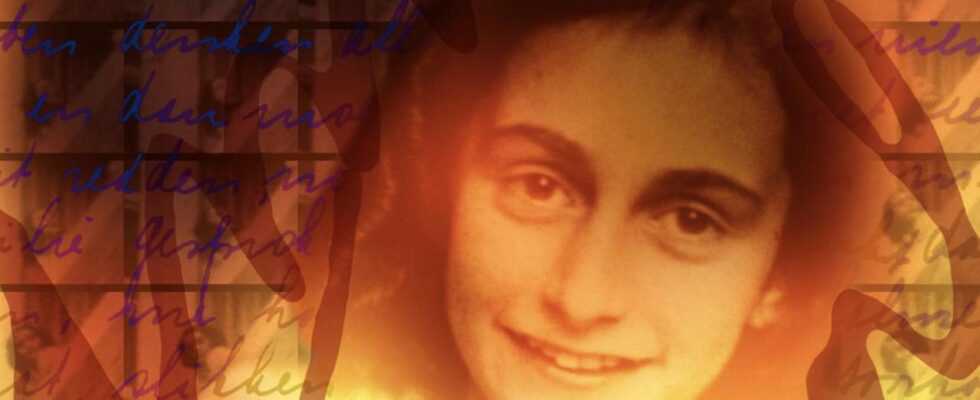MYSTERY – Who denounced Anne Frank and her family in 1944 to the Nazis? A book based on the investigation of a former FBI agent names as the main suspect a Jewish notary who would have done it to save his loved ones.
The editorial staff of LCI with AFP –
Known worldwide for her diary written between 1942 and 1944, while she and her relatives were hiding in a clandestine apartment in Amsterdam, Anne Frank was betrayed by a Jewish notary who wanted to save her family. This is at least the thesis of the Canadian author Rosemary Sullivan, with her book “Who Betrayed Anne Frank?” to be published this Tuesday by HarperCollins editions. A documentary on CBS accompanies the publication.
Allegations against Arnold Van den Bergh, who died in 1950, have been substantiated by modern techniques as well as an anonymous letter sent to the father of Anne Frank, the only survivor of the family, after the Second World War, identifying the notary as a traitor.
The Anne Frank House, a museum dedicated to the girl, said to be “impressed” by the investigation led by retired detective from the Federal Bureau of Investigation Vince Pankoke, and on which Rosemary Sullivan relied. The institution, however, stressed that further investigation was needed. In 2016, the detective was enlisted by a Dutch documentary filmmaker to lead a team to solve the cold box.
With artificial intelligence
Anne Frank’s family had fled Germany in 1933 for the Netherlands. Hidden in an apartment, the teenager was arrested on August 4, 1944. Deported to the Auschwitz extermination camp, she died the following year, at the age of 15, after being transferred to the concentration camp. Bergen-Belsen concentration.
Since then, different theories have circulated about what led to the raid that revealed the annex where the family was hiding. Van den Bergh’s name had so far received little attention, but came to light during the investigation, which included using artificial intelligence to analyze a huge amount of data.
Investigators found that his family had an exemption from deportation. This had been revoked at the time of the Franks’ betrayal, but the deportation had ultimately not taken place, for reasons still unknown. The notary was also a founding member of the Jewish Council, an administrative body that the Nazis used to organize deportations. At the end of the war, which he and the rest of his family survived, he disappeared from the radar.
Read also
- Diary of Anne Frank: Hidden pages contained dirty jokes and musings on sex
- In Germany, the hypothesis of an “Anne Frank” train is controversial
Ronald Leopold, executive director of the Anne Frank House, warned that questions remained about the anonymous letter and that further investigation was needed. “You have to be very careful about writing someone down in history as the one who betrayed Anne Frank if you’re not 100 or 200 percent sure about that,” he told AFP.
Arnold Van den Bergh’s granddaughter, who spoke to researchers about her family history, was told of their findings last weekend. She declined to comment on the matter.
On the same subject
The most read articles
Omicron: 464,769 new Covid contaminations in 24 hours, a record in France
VIDEO – Blanquer in Ibiza: “If I had to do it again, I would choose another place”, concedes the minister on TF1
Czech Republic: singer dies of Covid-19 after voluntarily contracting it
LIVE – Teachers’ strike: the demonstration planned for Thursday in Paris will not be “prevented”
Covid-19: barely adopted, the already obsolete vaccine pass against Omicron?
